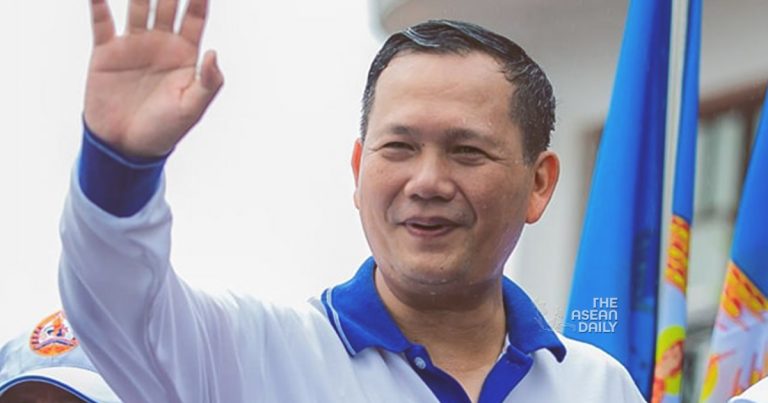21-8-2023 (PHNOM PENH) Cambodia’s new parliament convened on Monday, marking the next chapter in the country’s political landscape as long-time leader Hun Sen prepares to officially pass the reins of power to his eldest son, following last month’s heavily criticized one-sided election.
Hun Sen’s Cambodian People’s Party (CPP) secured all but five of the 125 seats in the lower house during the July polls. The elections were widely condemned as a sham after the main opposition party was prohibited from participating.
Shortly after the landslide victory, Hun Sen, one of the world’s longest-serving leaders, announced his decision to step down and transfer authority to his eldest son, Hun Manet, after an almost four-decade-long rule.
Cambodia’s head of state, King Norodom Sihamoni, whose role is mostly symbolic, presided over the opening of parliament. He extended his congratulations to the newly elected MPs, including both Hun Sen and Hun Manet, who were attired in traditional garb.
The king remarked that the country has made significant progress over the last three decades and called on MPs to further their efforts in promoting equality and improving people’s lives.
King Norodom Sihamoni also expressed confidence that the new government would receive parliament’s mandate.
Parliament is scheduled to reconvene on Tuesday for the official appointment of four-star general Hun Manet, aged 45, as the country’s new leader.
Earlier this month, Hun Sen unveiled the new Cambodian government, which is set to be led by Hun Manet. The government lineup also includes Hun Sen’s youngest son, Hun Many, and his nephew in senior positions. According to a draft list of cabinet members seen by AFP, Hun Many is poised to become the minister of civil service, while the sons of the current interior and defence ministers will assume their fathers’ roles.
Neth Savoeun, the outgoing prime minister’s nephew and the current national police chief, will take on the role of deputy prime minister.
In the new government, several children of Hun Sen’s allies are also expected to hold top positions.
Hun Sen, a former Khmer Rouge cadre who has been in power since 1985, dismissed international criticism of the fairness of last month’s elections. He argued that his decision to hand over power was intended to prevent “bloodshed” in case of his death while in office.
Rights organizations have accused Hun Sen of manipulating the legal system to quash opposition to his rule and have detained numerous activists.
After stepping down, Hun Sen is slated to become the president of the Senate early next year and will act as the head of state when the king is abroad. He has also announced plans to continue serving in various capacities until at least 2033.




